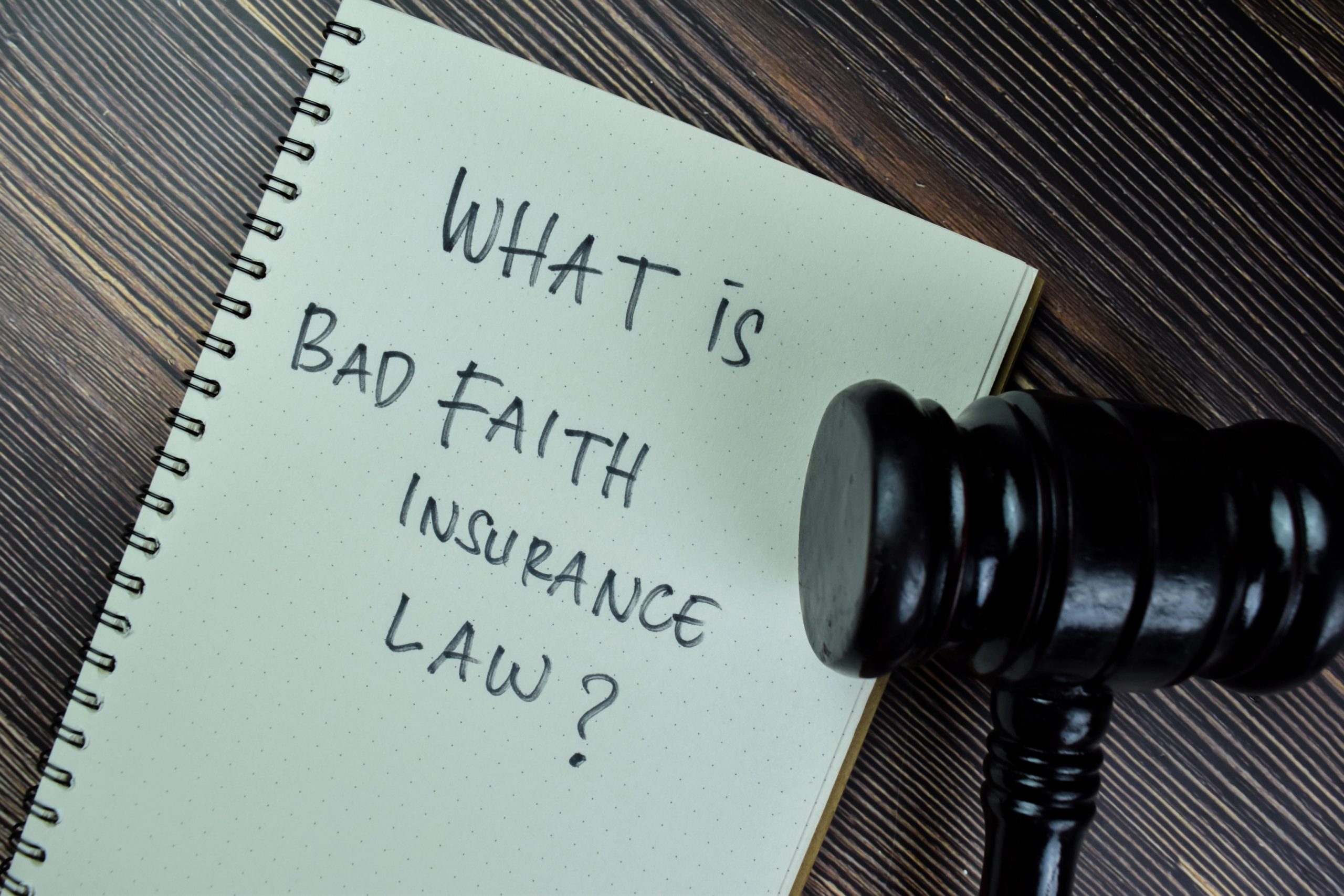
When you purchase insurance, you enter into a contract built on trust. You agree to pay premiums, and in return, your insurance company agrees to provide coverage when you need it most. But sometimes insurers fail to uphold their end of the bargain. When an insurance company unreasonably delays, denies, or mishandles a valid claim, it may be acting in bad faith—and Colorado law gives policyholders the right to hold insurers accountable.
What Does “Bad Faith” Mean?
Insurance companies are legally required to act in good faith and deal fairly with their policyholders. This obligation includes thoroughly investigating claims, communicating honestly, and paying valid claims in a timely manner. Bad faith occurs when an insurer breaches this duty by prioritizing its own financial interests over the rights of the policyholder.
Examples of bad faith conduct may include:
-
Unreasonably delaying payment on a claim.
-
Denying a claim without a reasonable explanation.
-
Failing to properly investigate before making a decision.
-
Misrepresenting policy terms or coverage.
-
Offering far less compensation than what the policyholder is entitled to receive.
Importantly, not every claim denial amounts to bad faith. Insurance companies are allowed to dispute claims when there is a genuine question of coverage. Bad faith arises when an insurer’s actions are unreasonable, unjustified, or dishonest.
Colorado’s Legal Standards for Bad Faith
In Colorado, policyholders have both common law and statutory protections against insurance bad faith.
-
Common law bad faith requires proving that the insurer’s conduct was unreasonable and that the insurer knew, or recklessly disregarded, that its actions were unreasonable.
-
Statutory bad faith, found under Colorado Revised Statutes § 10-3-1115 and § 10-3-1116, sets a lower bar. Under these laws, an insurer may be liable if it unreasonably delays or denies payment of a claim for benefits owed. If successful, the policyholder can recover not only the amount of the claim but also two times that amount in damages, plus attorney fees and court costs.
These laws reflect the seriousness with which Colorado treats the insurer’s duty to act fairly toward policyholders.
When Can You Sue for Bad Faith?
You may have grounds for a bad faith lawsuit if you believe your insurance company:
-
Denied your valid claim without a reasonable basis.
-
Failed to investigate your claim thoroughly.
-
Ignored key evidence supporting your claim.
-
Created unnecessary delays to avoid payment.
-
Pressured you into accepting an unfair settlement.
Bad faith claims commonly arise in areas such as auto insurance, homeowners’ insurance, health insurance, and disability insurance. Because insurers control much of the claims process, pursuing legal action often requires a detailed examination of communications, policy language, and the company’s claim-handling practices.
Protecting Your Rights
If you suspect your insurance company has acted in bad faith, it is important to seek experienced legal guidance. Insurance companies have vast resources and often rely on policyholders not knowing their rights. By working with an attorney, you can level the playing field and pursue the compensation you deserve.
At Keating Wagner, we stand up for policyholders facing unfair insurance practices. Our attorneys understand the complexities of bad faith claims and work tirelessly to hold insurers accountable. If you believe your insurance company has acted in bad faith, contact us today to discuss your case.









